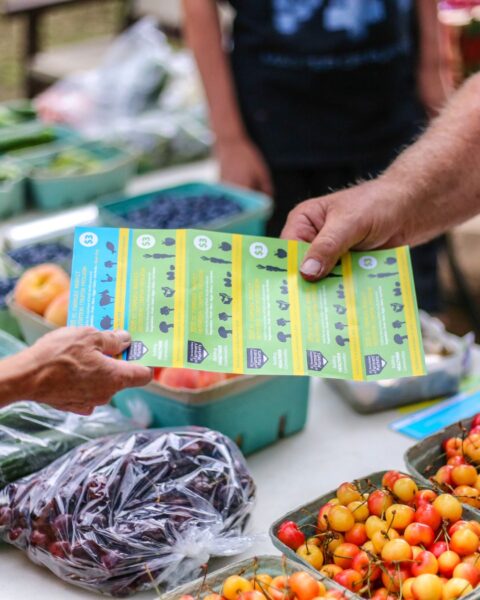Phone: 604-683-2554 | Email: welcome@gordonhouse.org
Breaking Bread and Barriers
This January Gordon Neighborhood House (GNH) is set to launch a pilot program for young adults entitled “Consuming Conversations.” It’s a unique free youth community kitchen with a big helping of political food activism, around the issue of enough food as every Canadian’s right.
Why a separate program for young people?
“Our studies showed that young adults were less likely to access charitable food that was available to them,” says Paul Michael Taylor, Executive Director of GNH. “We want to provide a mechanism for fostering leadership and building relationships, while addressing the root causes of food insecurity.”
Andrew Christie, community food advocate at GNH, defines food security as “generally, the stage where every individual has the ability to consume a healthy, nutritious, sustaining meal that is culturally appropriate for them at all times.” Food insecurity is the absence of any of those conditions. He adds, “The young adult population is at the highest risk of developing food insecurity.”
In the West End, nearly 50 percent of people are between the ages of 20 and 39. Yet research done by GNH in partnership with students from the University of British Columbia Immigrant Vancouver Ethnographic Field School found that this demographic was not represented in virtually any of the programs in operation over the summer in the West End.
“One of the things that contributes to food insecurity in Canada is that a lot of people just don’t have the knowledge or the skills that they need to prepare healthy food,” says Christie.
In the weekly program, participants will be learning basic cooking skills, led by students from local culinary schools, including how to keep a kitchen sanitary. In addition to preparing and consuming nutritious meals from scratch, a key component of the program will be focused mealtime conversation. “We’ll be talking about ideas of food justice and food access, and identifying some major barriers that participants are facing towards accessing healthy food on a regular basis,” says Christie. “Then we’ll be looking at what steps we can take to change that.”
GNH recognizes that, in addition to the high cost of rent, which in the West End averages $100 more per month than in the rest of the city, many young adults are also challenged by student debt, low-wage jobs, and raising young children. “We need to create safe spaces for people to talk about poverty with their peer group,” says Taylor, “in a respectful and dignified way.”
Meal plans will be decided by the participants, based on their food and recipe preferences, with an awareness of the budgets and time constraints of young adults who may be working, going to school, and raising a family at the same time. Each week the group will make large enough batches of food so each participant can take some home.
As participants identify their barriers to food security, GNH staff and volunteers will work with them to find tools to surmount those barriers.
“Food is a wonderful means to bring young adults in the West End together to build community” says Taylor. “By creating a mechanism for them to be learning and working together, we’ll be breaking bread and breaking barriers,” he sums up neatly.
The free “Consuming Conversations” program, funded by the Vancouver Foundation, will be launched in January, 2014, with room for up to 12 participants in Gordon House’s kitchen.
Written by Linda Lawson




